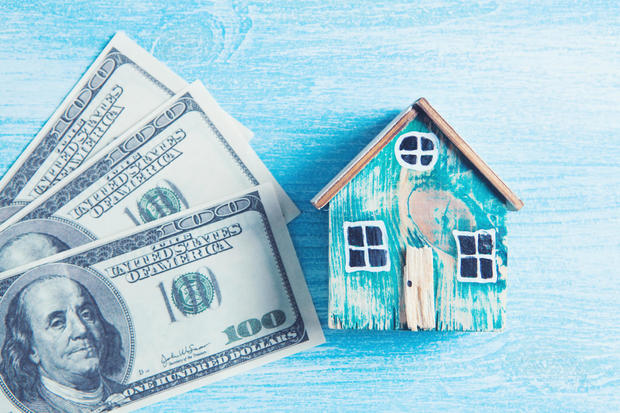Why you may want to refinance your home equity loan soon
Millions of Americans received a potent combination of encouraging financial news last week after the Bureau of Labor Statistics revealed another drop in the inflation rate and the Federal Reserve hinted at a cut to the federal funds rate for later this year. While both rates are still higher than many would like them to be, they appear to be moving in a lower, more cost-effective direction. That's welcome news considering the federal funds rate is frozen at its highest point in 23 years – and inflation is down significantly since hitting a decades-high in June 2022.
These latest developments are particularly encouraging for borrowers who have been burdened with significantly higher interest rates on a wide range of products. And for those who accessed their home equity via home equity loans, a lower rate environment could result in a substantial amount of money back in their pocket. To access those savings, however, home equity borrowers should start thinking about a potential home equity loan refinance. Below, we'll detail why.
See what home equity loan rate you can currently secure here today.
Why you may want to refinance your home equity loan soon
To understand why you may want to refinance your home equity loan in the weeks and months to come, it's important to first understand the terms and rates that accompany the loan when you first took it out. If you secured a loan in 2024, for example, then today's rates and potentially lower ones to come may not be much different than what you already have. But if you locked in a rate on your home equity loan at the end of 2023, for example, then it may be time to start thinking about a time to refinance.
The rate on a 15-year home equity loan on November 1, 2023, was 9.13%, according to Bankrate. But that rate is now 8.75%, and that's absent an official reduction in the federal funds rate. Should the Fed decide to issue a formal cut, as they've been hinting at, rates on home equity loans will fall even further. While that cut is likely to be 25 basis points to start, combined with the drop in rates that's already occurred with home equity loans recently, it may be enough to warrant a refinance. After all, a home equity loan rate that's a full percentage point lower could add up to significant savings over time.
Using a $40,000 home equity loan as an example, a 15-year loan at a 9.13% rate would cost $408.81 per month with $33,585.05 in total interest paid. That same loan and length at 8.50%, however, would cost $393.90 per month with $30,901.25 in total interest paid – a difference of $14.91 monthly and $2,683.80 over the life of the loan. And that's just assuming a 25 basis point reduction to come. If interest rates fall further, home equity loan borrowers stand to save even more - if they refinance to the prevailing, lower rate.
Learn more about today's home equity loan rates here now.
The bottom line
The timing for home equity borrowing has been ideal in recent years, thanks to the lower rates these lending products offer compared to alternatives like credit cards and personal loans. And home equity loans, in particular, could become even cheaper soon thanks to an evolving rate climate and cooling inflation. Current borrowers, then, should start considering their refinancing options now so they're prepared to act should rates get cut later in the year. By doing their research and shopping for lenders now they'll be better prepared to act (and save money) when the opportunity arises. Just be sure to do the math in advance as a new refinance loan will come with its own set of closing costs, so the difference will need to be significant to offset those costs, too.




